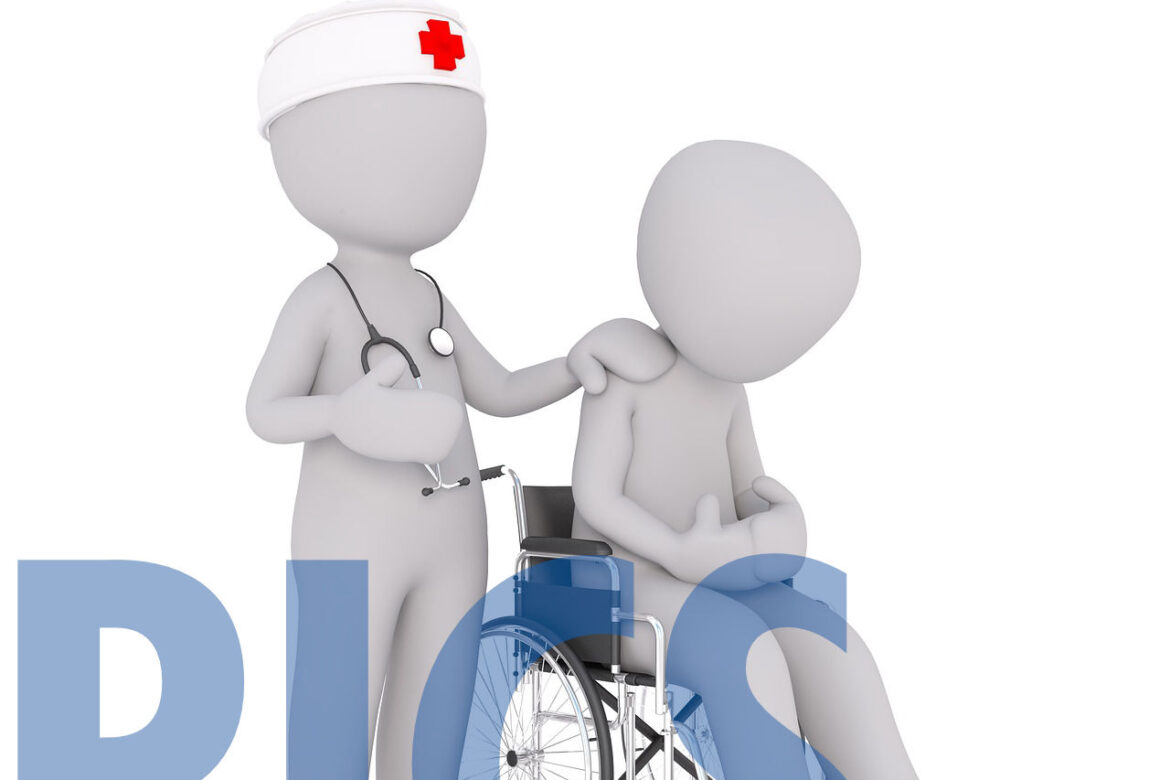What is PICS?
Post Intensive Care Syndrome (PICS) is a group of health problems that can include physical impairments, mental health issues, and cognitive difficulties following a critical illness or hospital stay. Critical diseases can consist of but are not limited to heart attacks, stroke, congestive heart failure, pneumonia, pulmonary embolism, motor vehicle accident, burns, and surgical problems. Nearly one million people are admitted to the ICU each year, with close to a third requiring ventilation. Sepsis, delirium, and acute respiratory distress syndrome increase the odds of being diagnosed with PICS.
Common problems with PICS:
There are common problems associated with PICS that tend to occur more frequently in patients after discharge from the ICU. Some of the issues can include:
- reduced lung capacity
- long term muscle weakness ( intensive care unit acquired weakness ICU-AW)
- difficulty performing regular daily activities
- fatigue, depression/anxiety
- difficulty sleeping
- memory problems/forgetfulness
- cognitive changes
- attention deficits
Aspects of PICS
Our Freedom 2 Function team takes a multidisciplinary approach to treating PICS. Our team of Occupational and Physical Therapists works together to identify, treat, and resolve PICS.
Physical Therapy can increase your strength, balance, and lung capacity through an individualized plan of care. Strength training, balance retraining, and endurance exercises will progress as the patient improves.
Occupational Therapy can help to work on regaining your ability to perform daily activities, self-care activities, and build back endurance to take care of yourself independently. OT’s work with each patient on an individual basis to improve memory thought processing and attention.
Psychologist/Psychiatrist will work with a patient who has PICS to treat their anxiety, depression, post-traumatic stress disorder, or sleep disorders. The mental health provider works collaboratively with the multidisciplinary team to help the patient return to pre-injury or illness state.
Speech Therapy will work with the patient to improve memory, attention, and speech if necessary. After being placed on a ventilator, problems can occur with producing or understanding speech.
Primary Care Physician works closely in monitoring you, and your symptoms once discharged from the hospital. They are in charge of monitoring your medications and any changes in physical, mental, or cognition.
Why is the Freedom 2 Function PICS program important?
Those that seek treatment for PICS decrease the risk of re-hospitalization and risk for further illness or injury. PICS treatment can help you return to your previous level of function. Limits with tasks after PICS include climbing stairs, standing to prepare food, brush your teeth, or driving. Family members or caregivers may notice difficulty with memory or attention. Working with an OT and PT can help you return to your prior level of function and be independent. Utilizing a PICS program can help you get back to work or school more quickly.
Many people survive ICU hospitalization due to the advancement of life-saving techniques and improvements in modern-day medicine. Therefore more people have an increased chance of developing PICS once discharged. Your best chance of recovery is if you or your loved ones are open and honest about the problems you are facing afterward.

